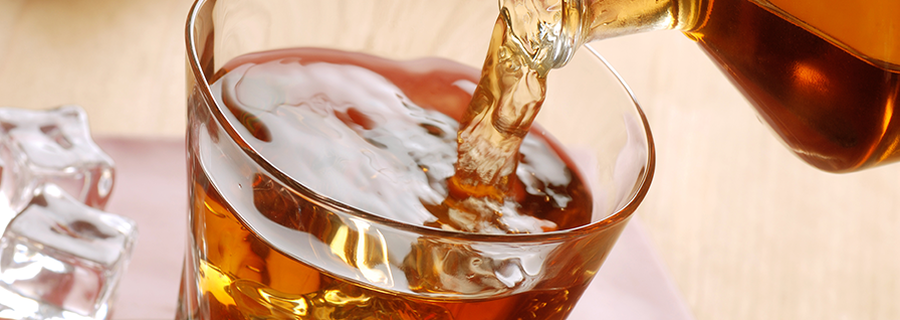At Henry’s we have a particular fondness for whisky, so we’re excited to be celebrating #WorldWhiskyDay this year on the 15th of May. We’d like to invite you to also share a dram (responsibly of course), so here’s a rundown on the different types, how it’s made and how to enjoy it. Slainte!
How is whisky made?
The basic process for any whisky goes as follows:
- Grains are ground and cooked, barley is malted (dried, soaked, then dried again).
- Grains and barley go into warm water; this becomes ‘mash’.
- Mash ferments with yeast which turns sugar into carbon dioxide and alcohol.
- To distill it, the mash is heated which turns the alcohol to vapour then back into the raw spirit.
- Water is added to the spirit, then the whisky is aged in barrels.
What are the different kinds of whiskies?
Different countries use different grains which gives them their different flavour profiles. eg. corn makes sweeter liquor, rye is spicy and barley has a relatively lighter flavour. The type of barrel it’s aged in also gives it flavour.
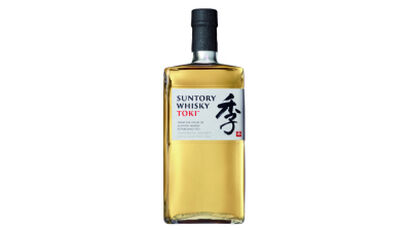
Japanese whisky
Has a similar makeup as scotch; smooth, delicate, and often with honey to add sweetness.
Our recommendation: Toki Full Spirits Japanese Whisky
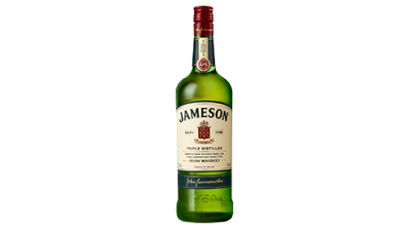
Irish whiskey
Spelt with an ‘e’ in it, Irish whiskey can be made from single malts, single grains, or blends. It’s triple distilled, which some say makes it lighter, smoother and generally ‘sweeter’.
Our recommendation: Jameson
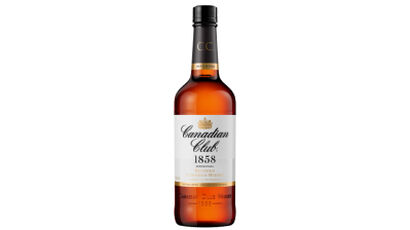
Canadian Whisky
A grain-based whisky usually a blend of corn, rye and malted barley. They are typically lighter and smoother than other whiskies.
Our recommendation: Canadian Club
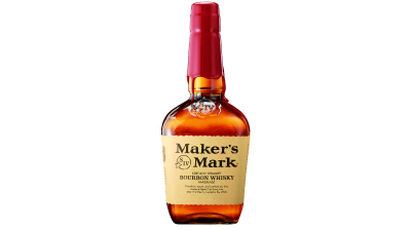
American Whiskey
There are two types - bourbon and rye. Rye is a type of wheat grain. Bourbon is a corn-based recipe (must use 51% corn to qualify). Here’s a great article to read if you want to dig deeper into the difference between Kentucky bourbon and Tennessee whiskey. Both are usually aged in new oak barrels which imparts vanilla-like notes.
Our recommendation: Makers Mark
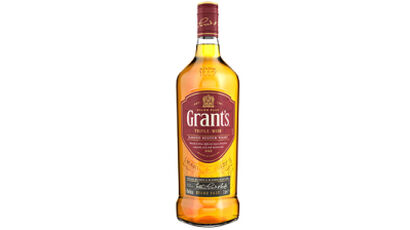
Scotch whisky
Sometimes just called ‘scotch’ this whisky is made from either just malted barley (single malt) or a blend (with another grain) and is often twice distilled. Scotch whiskies have a broad range of flavours from deep, smoky and savoury to caramel and honey or citrussy flavours.
Our recommendation: Grants Triple Wood
What about New Zealand whiskey?
Similar to Japan, whiskies distilled locally are scotch whiskies, but you know us Kiwis, we’ll try anything so you’re bound to find a number of different kinds and flavour profiles out there.
How to drink whisky
Neat: straight up (try adding a tiny drop or two or water to neat whisky to enhance the aroma and flavour)
On the rocks: with ice
With a twist: squeeze of lemon juice
Or try a delicious whisky cocktail
– Jameson Lime & Dry
– The Rob Roy
– Whisky Sour
– Irish Coffee
– Black Apple Smash
Fun fact about the word ‘whisky’
The main difference between whisky and whiskey is how they’re spelt, something which has just evolved naturally with time. It comes from the original Scots and Gaelic versions of the word 'uisce beatha' or usquebaugh', meaning Water of Life. General rule of thumb to remember is that countries spelled with an ‘e’ call it ‘whiskey’ (eg. Ireland and America), countries without drop the ‘e’ and call it ‘whisky’ (eg. Canada, Scotland and Japan... NZ would be the exception to the rule).

